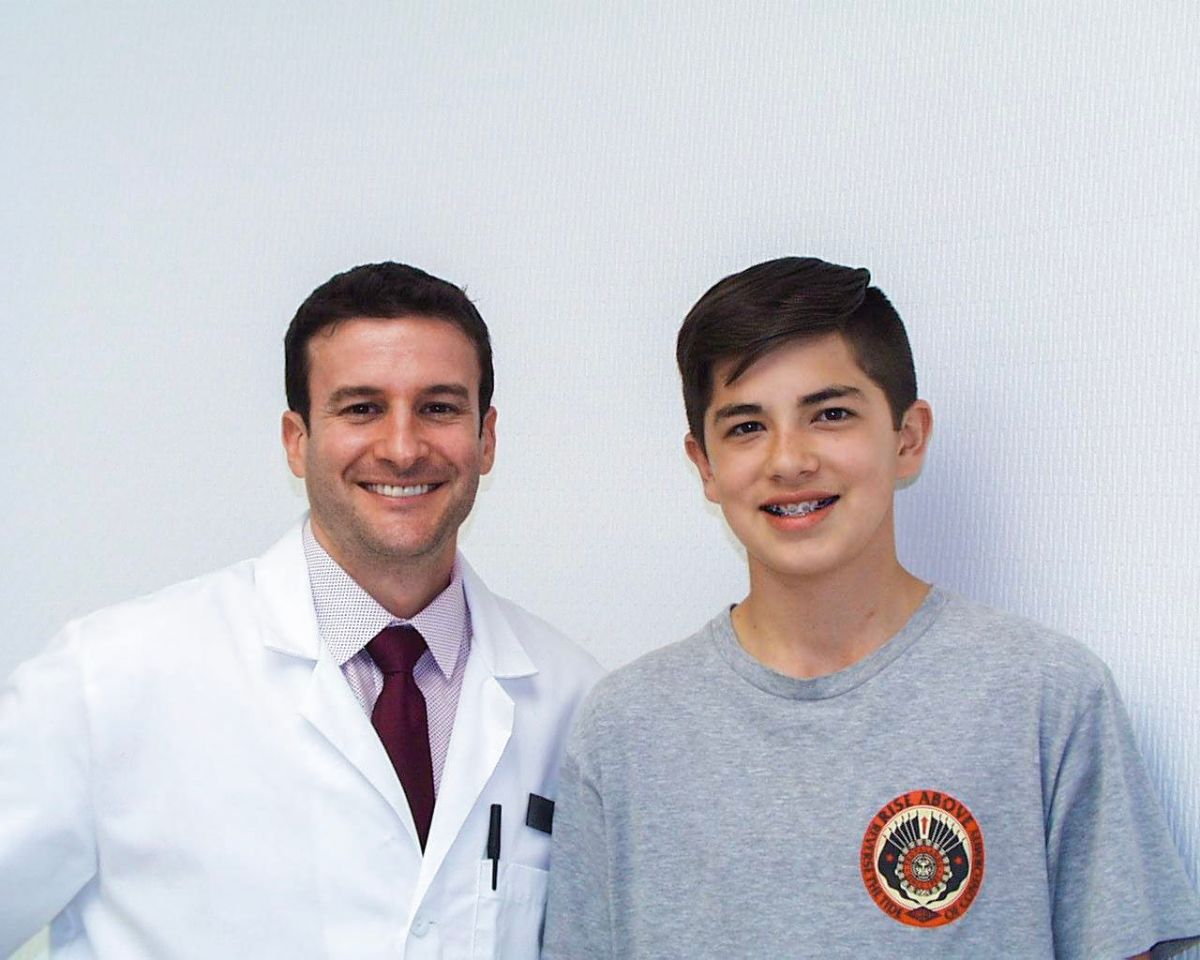Bad habits aren’t unusual in small children, and most of them aren’t anything an orthodontist would be concerned about. There are some unfortunate habits that can compromise a child’s oral health, however. If allowed to continue, they can lead to tooth decay, misalignments, and other issues. Children may have difficulty eating, speaking, sleeping, or functioning well at home and school. Since certain bad habits can damage the teeth and jaws, it’s important to address them as soon as possible. That’s why we’re taking a look at the bad habits that can affect your child’s teeth!
As a parent, you may be unaware of what habits can cause problems for your child’s smile and what to do about them. Sometimes patient education and simple behavior modification can do the trick, but dental or orthodontic work may become necessary in certain cases. Like most things in life, prevention is often the best course of action! Let’s take a closer look at some of the bad habits that can affect your child’s teeth, and what you can do about it with our help.
Thumb and finger sucking
Thumb and finger sucking is very common in young children, though we sometimes see this habit persist throughout childhood and into adulthood. When it is allowed to continue over a long period of time, thumb and finger sucking can cause problems like:
- open bite of the front teeth
- flared upper incisors
- tipping of the lower incisors
- misalignment of the future permanent teeth
- deformities of the roof of the mouth
All of the above issues will vary in intensity based on the severity of the habit and the way the thumb or finger is positioned in the mouth. If left untreated, the teeth may suffer cosmetically, and damage can occur beneath the gums as well.
Lip sucking is a similar habit that we sometimes see in children. It’s not as common as thumb or finger sucking, and tends to result in chapped or inflamed lips more than anything else. A more serious habit can cause the upper front teeth to flare out or the lower front teeth to tilt towards the tongue, though. Eventually these teeth may lose the ability to touch when the mouth is closed.
Chewing on objects
If your child has developed the bad habit of chewing on objects like ice, pens and pencils, or their fingernails, they aren’t alone! This is common, particularly when a person is bored or distracted. Unfortunately, chewing the nails or random objects can chip away at enamel, crack the teeth, and irritate the soft tissue inside the teeth. Nail biting also gives bacteria on a child’s hands an easy access point into their mouth. Now more than ever, it’s important to curb any habits that increase the risk of infection!
If you have an older child who is prone to chewing on things or biting their nails, you can offer sugarless gum to help them break the habit. Younger children that can’t be trusted with gum may respond well to a healthy snack with a satisfying crunch instead. Think carrots, celery, or apple slices. As an added bonus, these types of food are also great for a child’s oral health.
Teeth grinding (bruxism)
Teeth grinding is a pretty common, if annoying, habit. We often see it in children and pre-teens, and although most outgrow it eventually, it can still cause problems while it continues. One example of this is the way the grinding action can wear down the enamel of a child’s teeth.This can damage the teeth, disrupt sleep, and cause headaches, ear aches, and jaw pain. While there are many possible causes for this bad habit, bruxism is very common in children who have bite and alignment issues. Correcting these malocclusions with orthodontic treatment can help!
Using the teeth as a tool
We’ve seen teeth used for a number of odd jobs over the years, from tearing open bags and ripping tags off clothing to uncapping bottles. You name it and we’ve probably heard of somebody trying it! Children are especially fond of doing this without even thinking about it, but using teeth in this way can be hard on them. It only takes one wrong move for a tooth to be traumatized, chipped, or even fractured! To protect your child’s smile, remind them that teeth aren’t tools and keep child-friendly scissors and nail clippers in convenient places to remove the temptation. Reducing the amount of unnecessary stress on their teeth will help keep them strong for years to come.
Early orthodontic evaluations
Helping your child develop good oral habits is essential for the health of their smile, but identifying and addressing bad habits is just as important! One way to do this is an early orthodontic evaluation with Dr. Davis or Dr. Goldberg. The American Association of Orthodontists actually recommends all children see an orthodontist by the time they’re 7 years old since their mouth is developed enough at this point to assess their bite. The front-to-back and side-to-side relationships can be observed, too.
Some parents worry that this will lead to orthodontic treatment immediately, but this is rarely the case. In fact, we recommend immediate orthodontic treatment for only a small fraction of the younger patients we see in our High Point and Greensboro offices! These early evaluations are still valuable, though, as they allow us to monitor a child’s oral development as they grow. That means we can catch any issues that could lead to problems, whether now or in the future. Being able to begin treatment at the most opportune time gives a child the best chance at a lifetime of healthy smiles!
Davis & Goldberg Orthodontics will help your child beat bad oral habits
Experienced orthodontists like Dr. Davis and Dr. Goldberg are experts at correcting misaligned teeth and other dental issues, but identifying any underlying bad habits is an important part of any diagnosis!
When you schedule an evaluation for your child, our doctors will examine their mouth and discuss their dental history with you. The customized treatment plan they build will take into account any destructive oral habits and include ways to correct or eliminate them.
If you have a child in need of a little help breaking a bad oral habit, get in touch with us today and schedule a FREE consultation with our expert team!
 Free Consult
Free Consult

